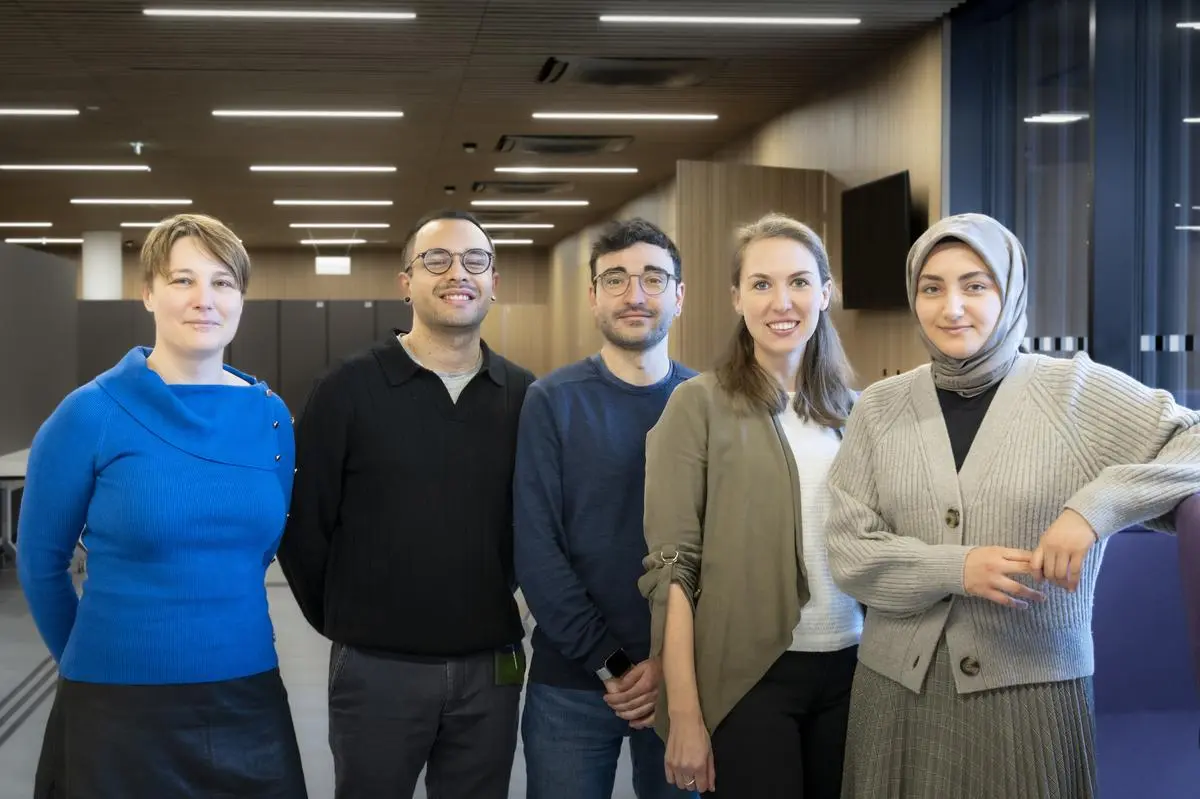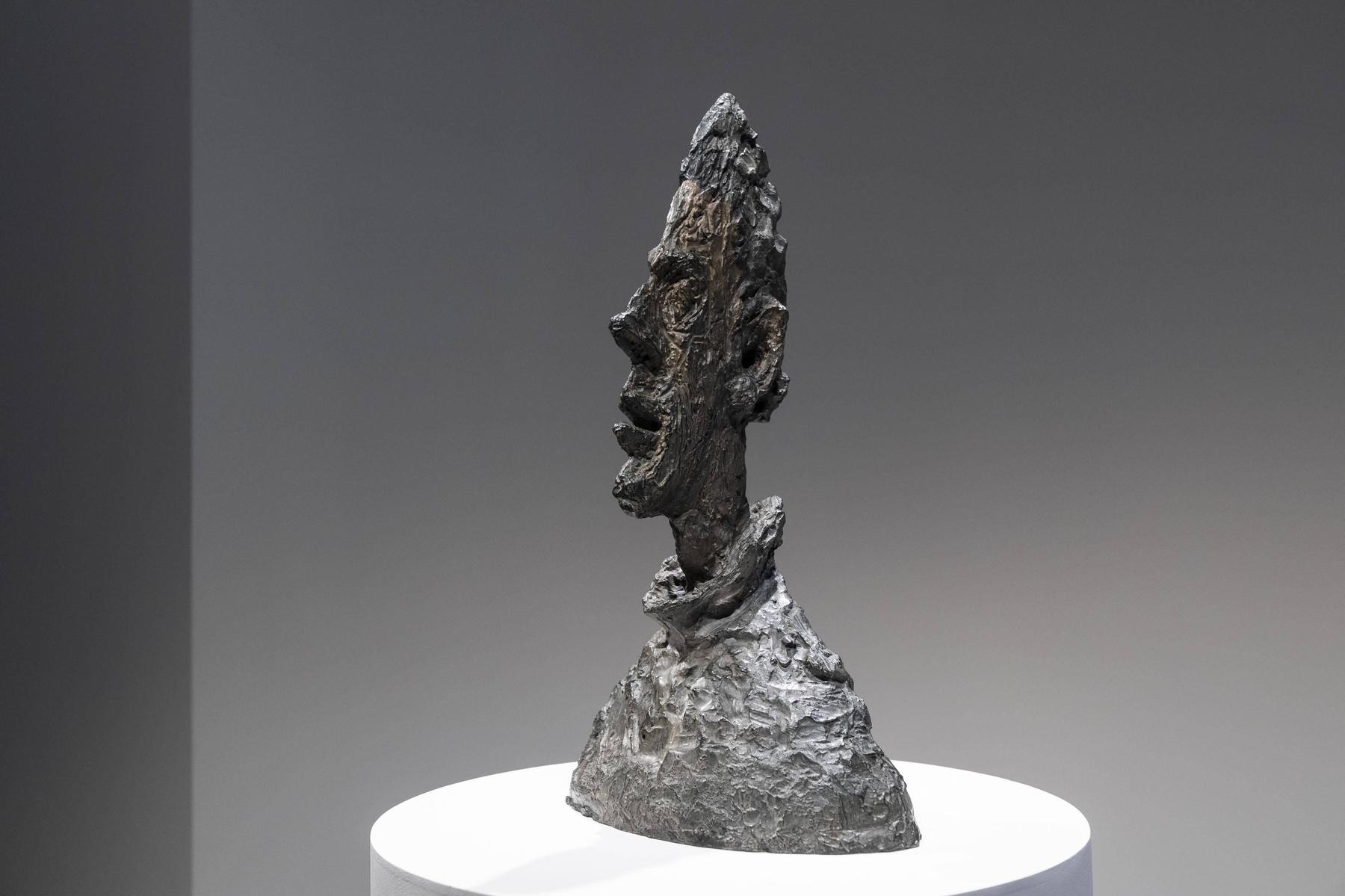Researchers created brain organoids for drug tests-Diepresse.com

With the help of the mini brain from the laboratory, you could test the safety of active ingredients in pregnancies.
Lower Austrian researchers produced human mini-brain (organoid) in the laboratory, which also contain immune cells like real thought organs. In doing so, they examined how the immune reaction against rubella viruses disturbs brain development in embryos and observed that an anti-inflammatory inhibitor protects against such damage. With the brain organoid you can test the safety of active ingredients in pregnancies, explain in Journal of Neuroinflammation.
A team led by Sandra Siegert and Verena Schmied from the Institute of Science and Technology Austria (ISTA) in Klosterneuburg (Lower Austria) let brain organoids grow from stem cells (which were obtained from body cells), and added « microglia » cells. These are immune cells of the central nervous system, i.e. in the brain and spinal cord. In the microscope, the experts could see that the microglia cells had successfully integrated into the organ.
« /> The researchers from the Siegert Group at the Institute of Science and Technology Austria: Sandra Siegert, Juan Pablo Maya-Arteaga, Alessandro Venturino, Verena Schmied and Medina Korkut-Demirbaş. ISTA
Mini-brain was faked virus infection
The researchers then examined how such organoids react to viral infection. They played an infection with an artificially produced virus piece. The microglia fought them with an inflammatory reaction. However, this affects the « proper structure of the neuronal (nerve, note) network, which can ultimately lead to neurological developmental disorders, » report the scientists.

« /> An organoid with Mikoglia. Microglia (Magenta) integrates into retinal organoids (gray). Schmied et al. (Video statue)
And further: « Although rubella can be prevented by vaccination, there are no specific antiviral treatment in addition to anti -inflammatory medication such as ibuprofen. » They administered the viral infected, inflammatory organoid ibuprofen to test whether the pain reliever has undesirable side effects on the developing brain. The changes then decreased and the « normal neuronal environment was restored, » they explain. The protective effect is probably based on the fact that ibuprofen inhibits the inflammatory enzyme « Cox 1 » of the microglia.
« Our study shows that brain organoid models can be imitated with microglia inflammatory reactions and their treatment, » says Siegert: « This model could be particularly helpful in checking the safety of medication for pregnant women. » (APA)







